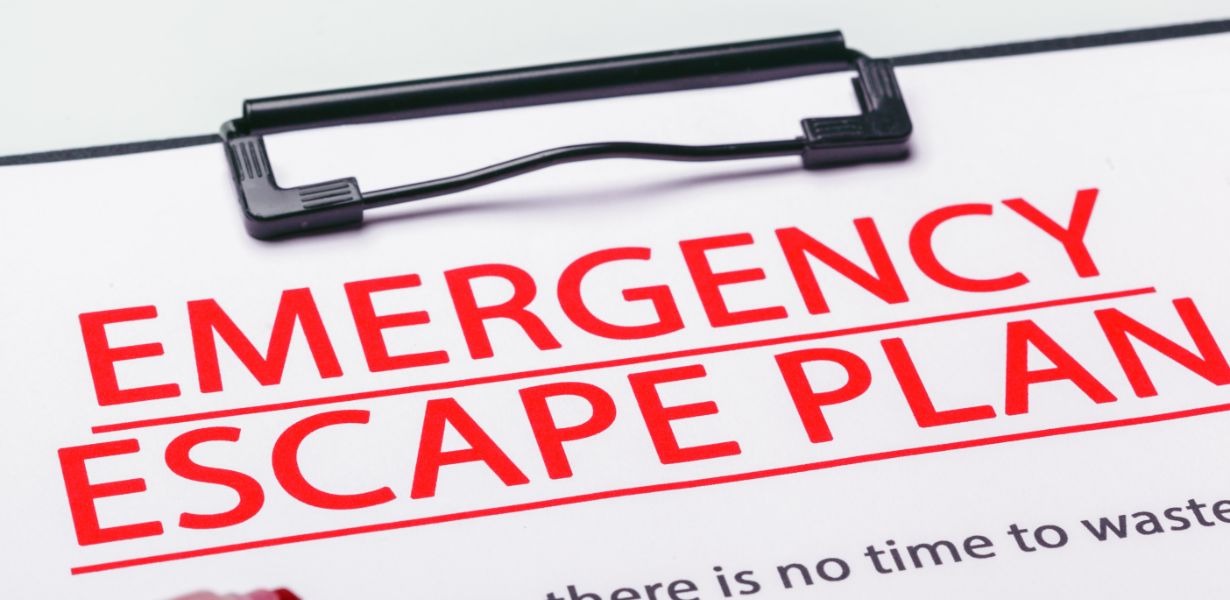
Understanding the Core Principles of Emergency Preparedness
Effective emergency preparedness revolves around anticipating potential risks and planning accordingly. Whether you’re embarking on a cross-country road trip or jet-setting to an exotic locale, these foundational principles remain constant:
Risk Assessment:
Begin by researching your travel destination and identifying potential hazards unique to the region. This includes natural disasters, political instability, health risks, and more. Government travel advisories and local news sources are valuable resources for up-to-date information.
Tailored Planning:
Different destinations require different strategies. Create a travel-specific emergency plan that takes into account the risks identified in your risk assessment. Your plan should cover communication, shelter, medical needs, and access to resources.
Communication Strategy:
Establish multiple modes of communication with loved ones back home and fellow travelers. Share your itinerary and contact details, and set up regular check-ins to ensure someone always knows your whereabouts.
Document Organization:
Keep important documents, such as passports, travel insurance details, medical records, and emergency contacts, in a secure, accessible location. Make digital copies as a backup.
Traveling Abroad Checklist: Must-Have Items for Your Safety Kit
When it comes to emergency preparedness, a well-packed safety kit can be a lifesaver. Tailor your kit to the potential risks of your destination. Here’s a checklist of essential items:
First Aid Supplies: Adhesive bandages, antiseptic wipes, pain relievers, tweezers, and any necessary prescription medications.
Communication Devices: A fully charged mobile phone, a portable charger, and a backup battery.
Personal Identification: Passports, travel visas, driver’s license, and a printed copy of emergency contacts.
Local Currency: Cash in the local currency for quick access to resources during power outages or network disruptions.
Multi-tool Kit: A Swiss Army knife or a multi-tool with essential tools like a flashlight, scissors, and a small blade.
Water and Snacks: Non-perishable snacks and a reusable water bottle with a built-in filter.
Maps and Navigation: Physical maps of the area and a compass or GPS device.
Travel Registration: Ensuring Your Safety Is Tracked
Many countries offer travel registration services for their citizens. While it might seem like a bureaucratic step, it can greatly enhance your safety:
Consular Registration: Register your travel plans with your country’s embassy or consulate at your destination. This allows them to contact you in case of emergencies, such as natural disasters or political unrest.
Smart Traveler Enrollment Program (STEP): The U.S. Department of State offers STEP, which provides safety alerts and assists in contacting you during emergencies.
Survival Strategies: Navigating Disasters Abroad
In the event of a disaster, being prepared can make all the difference. Here’s how to survive and stay safe:
Stay Informed: Monitor local news and official channels for updates on the situation. Follow the guidance of local authorities.
Emergency Contacts: Memorize or keep a list of local emergency numbers, including medical services, police, and fire departments.
Safe Shelter: Identify safe locations, such as evacuation centers or designated shelters, in case you need to move quickly.
Communication Priority: Reach out to your loved ones as soon as you’re safe to reassure them of your well-being.
Documents Needed for U.S. Travel: Ensuring a Smooth Journey
Traveling from the U.S.? Ensuring you have the right documents is crucial. Here’s what you need:
Passport and Visa: Ensure your passport is valid for at least six months beyond your return date. Check if your destination requires a visa and apply in advance.
Travel Insurance: Comprehensive travel insurance can cover medical emergencies, trip cancellations, and lost belongings.
Health Documentation: Some countries require specific vaccinations. Carry your vaccination records and any necessary medical documents.
International Driving Permit: If you plan to drive abroad, an International Driving Permit may be necessary alongside your driver’s license.
Final Words
In the enchanting tapestry of travel, weaving safety into your adventures is an art that every explorer must master. Embracing the unknown doesn’t mean succumbing to it; with diligent preparation and a clear-headed approach, you can navigate even the most challenging situations with confidence. So, as you set out to paint your own travel canvas, remember that the colors of preparedness and awareness will enhance every brushstroke of your journey.
Commonly Asked Questions About Emergency Preparedness
1. How can I stay connected during emergencies while abroad?
While roaming charges might be high, consider purchasing a local SIM card or using messaging apps that work over Wi-Fi.
2. What’s the importance of enrolling in STEP before traveling internationally?
STEP helps your government and the nearest embassy contact you in case of emergencies, ensuring timely assistance.
3. Are there universal first aid supplies I should carry?
Yes, items like adhesive bandages, pain relievers, antiseptic wipes, and tweezers are useful in various situations.
4. How do I research local emergency numbers at my travel destination?
A quick internet search or contacting the local embassy can provide you with the necessary contact information.
5. Is it necessary to keep physical copies of important documents?
Yes, physical copies serve as a backup in case digital copies are inaccessible due to power or network disruptions.




